

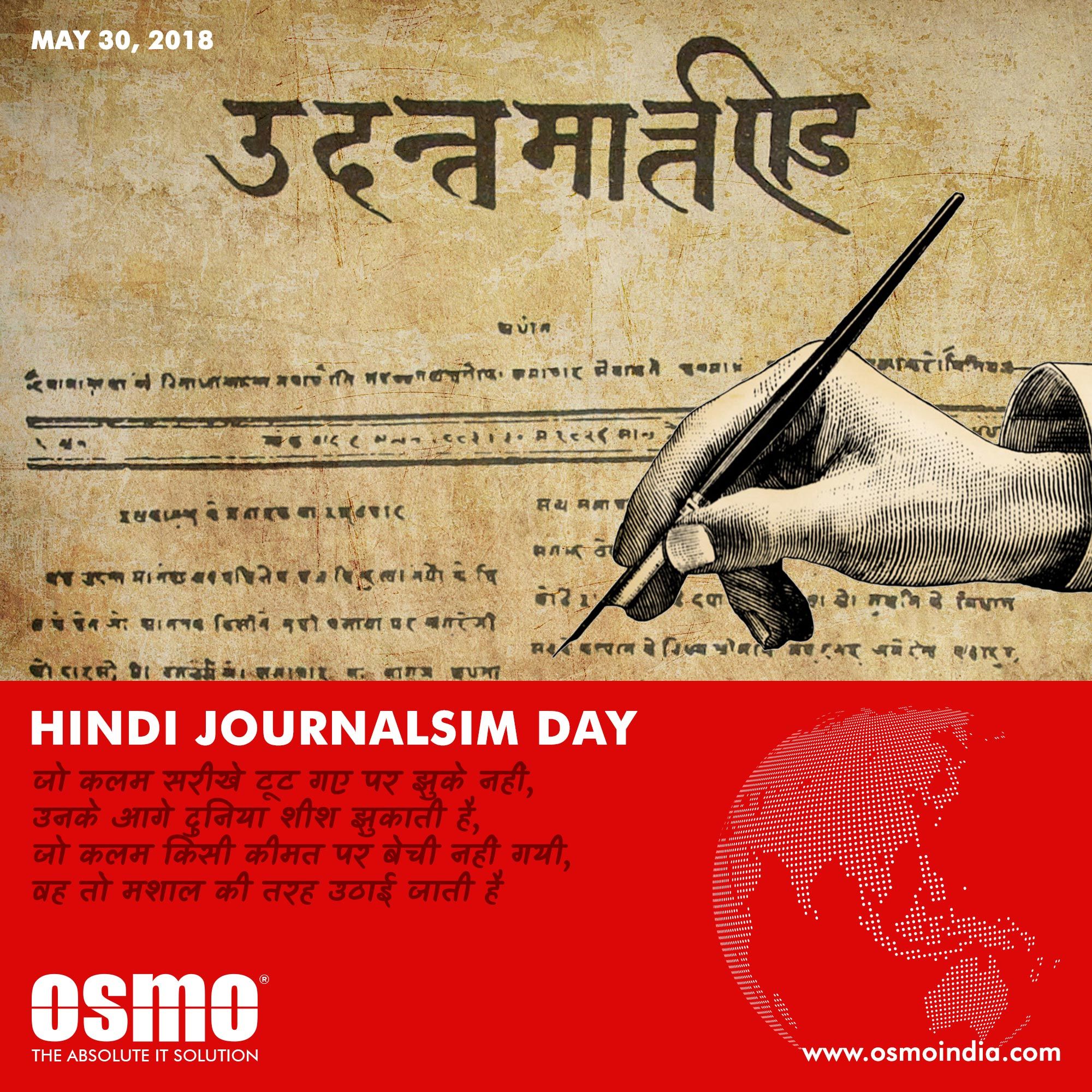
On May 30, 2024, the world will celebrate Hindi Journalism Day, a day that commemorates the rich legacy of journalism in the Hindi language and honours the pioneers of the field. From its origins in the 19th century to its role in raising social awareness and promoting India's freedom struggle, Hindi journalism has evolved and adapted to changing technologies and societal needs. This day serves as a reminder of the responsibility and courage of journalists in upholding truth, integrity, and democracy. Let's acknowledge and celebrate the invaluable contribution of Hindi journalism in shaping narratives and bringing about positive change in society.
Hindi Journalism Day: A Legacy of Truth, Integrity, and Social Impact
Background:
Hindi Journalism Day is observed annually on May 30th to commemorate the founding of the first Hindi-language newspaper, "Udant Martand," on May 30, 1826, by Pandit Jugal Kishore Shukla. This landmark publication marked the beginning of a vibrant era of journalism in Hindi, empowering marginalized communities and contributing to the Indian independence movement.
Evolution of Hindi Journalism:
Over the centuries, Hindi journalism has evolved and adapted to changing social, political, and technological landscapes. It has played a crucial role in:
Today, Hindi journalism remains an integral part of India's media landscape, reaching millions of readers across the country. It continues to embody the spirit of truth, integrity, and democracy, upholding the principles of responsible reporting and ethical conduct.
Top 5 FAQs on Hindi Journalism Day:
1. When is Hindi Journalism Day celebrated? Answer: May 30th.
2. Who founded the first Hindi-language newspaper? Answer: Pandit Jugal Kishore Shukla.
3. What was the name of the first Hindi newspaper? Answer: "Udant Martand."
4. What role did Hindi journalism play in the Indian independence movement? Answer: It inspired patriotic sentiment and provided a platform for anti-colonial voices.
5. How has Hindi journalism adapted to changing technologies? Answer: It has embraced digital platforms, social media, and mobile journalism.

A video of an elderly man from Bangladesh being assaulted on a train has gone viral on social media, with claims that the incident took place in West Bengal. However, further investigation reveals that the incident actually happened in Bangladesh, and the man was asked to pay extra money despite having a ticket. The video, which was published by a verified Bangladeshi news outlet, shows the man sharing his ordeal with a reporter.

A massive explosion at Iran's Shahid Rajaee port in Bandar Abbas has left at least 516 people injured, according to preliminary reports. The cause of the explosion, which rocked the port city on Saturday, is still unclear. The incident occurred as Iran began its third round of nuclear talks with the United States in Oman. Videos and images shared on social media show a plume of black smoke rising from the port, with reports of shattered windows and a mushroom cloud forming. The port's activities have been suspended as emergency personnel work to put out the fire and attend to the injured.

A Pakistani man, whose two children suffer from a congenital heart condition, has appealed to the Indian and Pakistani governments for permission to complete their medical treatment in India. This comes after the recent cancellation of SAARC visa privileges following the Pahalgam terror attack. As tensions rise between the two nations, the father is pleading for his children's lives as their treatment is only possible in India. Meanwhile, tensions remain high as over 100 Indian nationals in Pakistan returned to India on Thursday, while more followed on Friday.
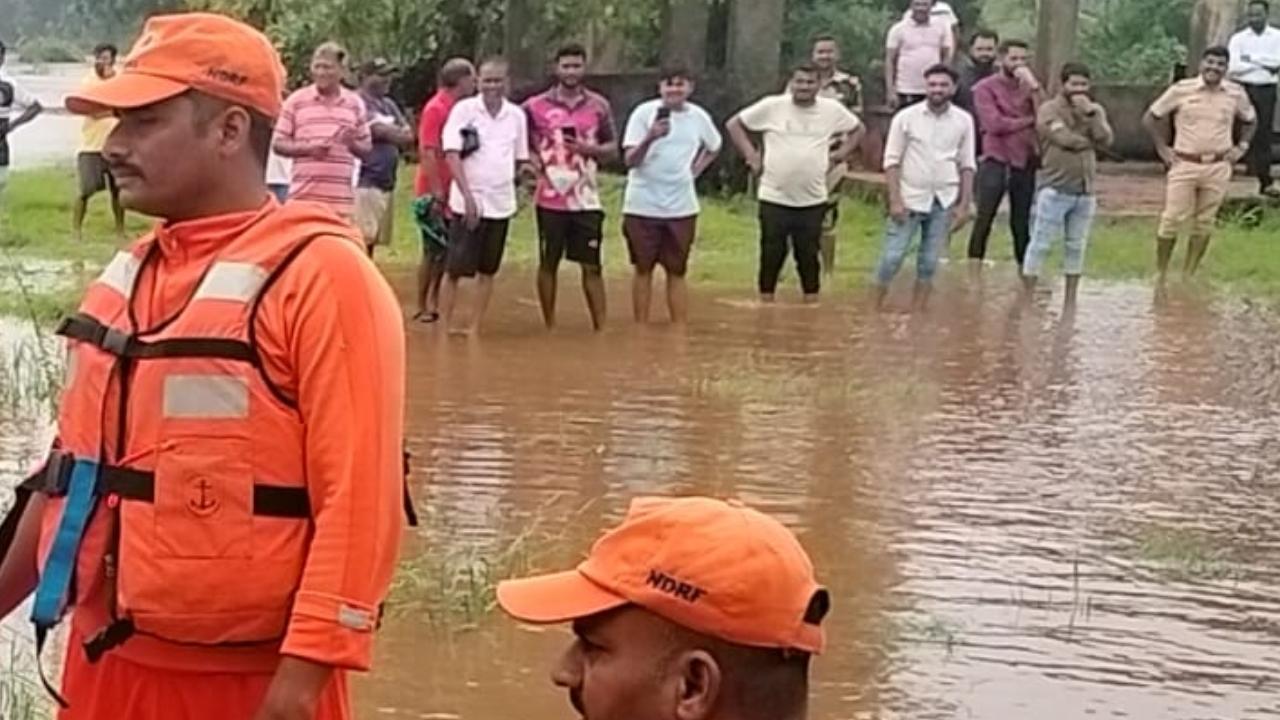
The Palghar district of Maharashtra, known for its vulnerability to natural calamities, has taken a step towards better disaster management by equipping 259 gram panchayats with specialized Disaster Response Kits. These kits, containing essential rescue and safety equipment, will ensure that villages are able to respond quickly and effectively during emergencies. In addition, the district plans to recruit 500 trained disaster response volunteers, called "Apda Mitras", to assist during disasters. With natural disasters becoming more frequent and severe, this proactive step by Palghar district is a crucial move towards strengthening disaster preparedness at the grassroots level.
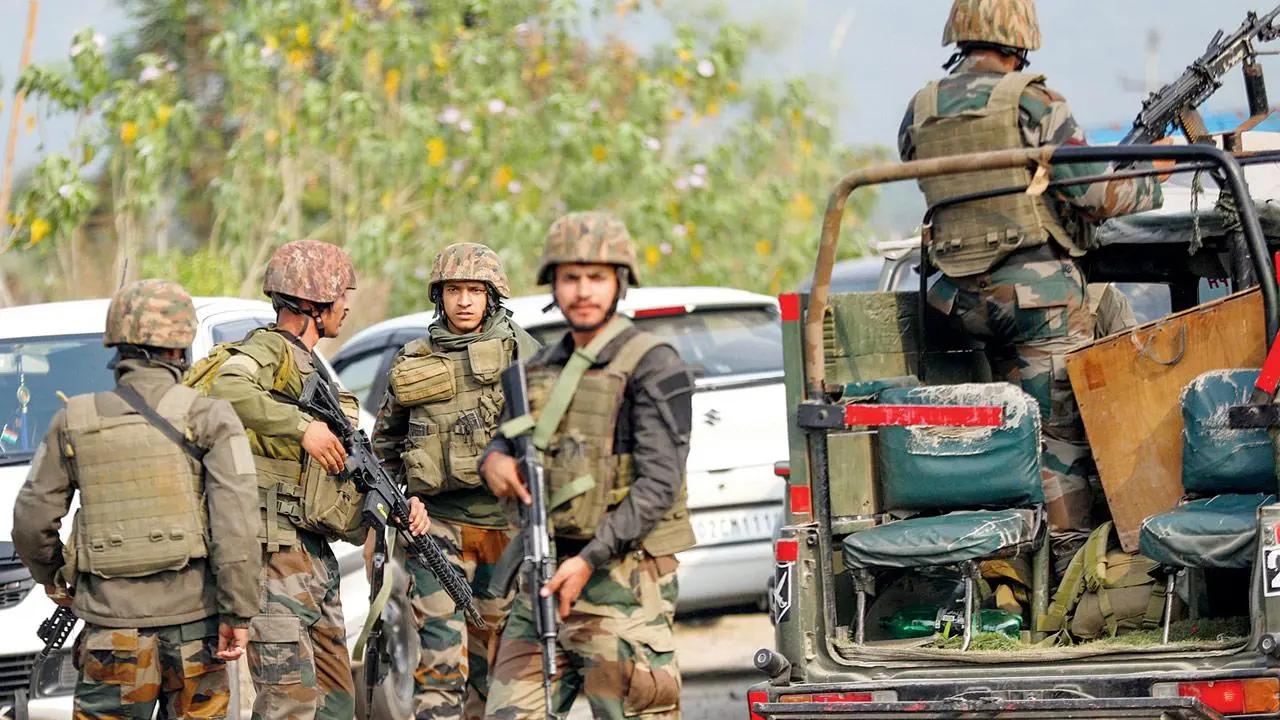
Indian security forces successfully eliminated top Lashkar-e-Taiba commander Altaf Lalli during an encounter in Bandipora, Jammu and Kashmir on Friday. The encounter occurred amidst a joint search operation launched by the Indian Army and Jammu and Kashmir Police to track down those responsible for the Pahalgam terror attack on April 22. Army Chief General Upendra Dwivedi has arrived in Jammu and Kashmir to conduct a comprehensive security review and track the progress of the operation.
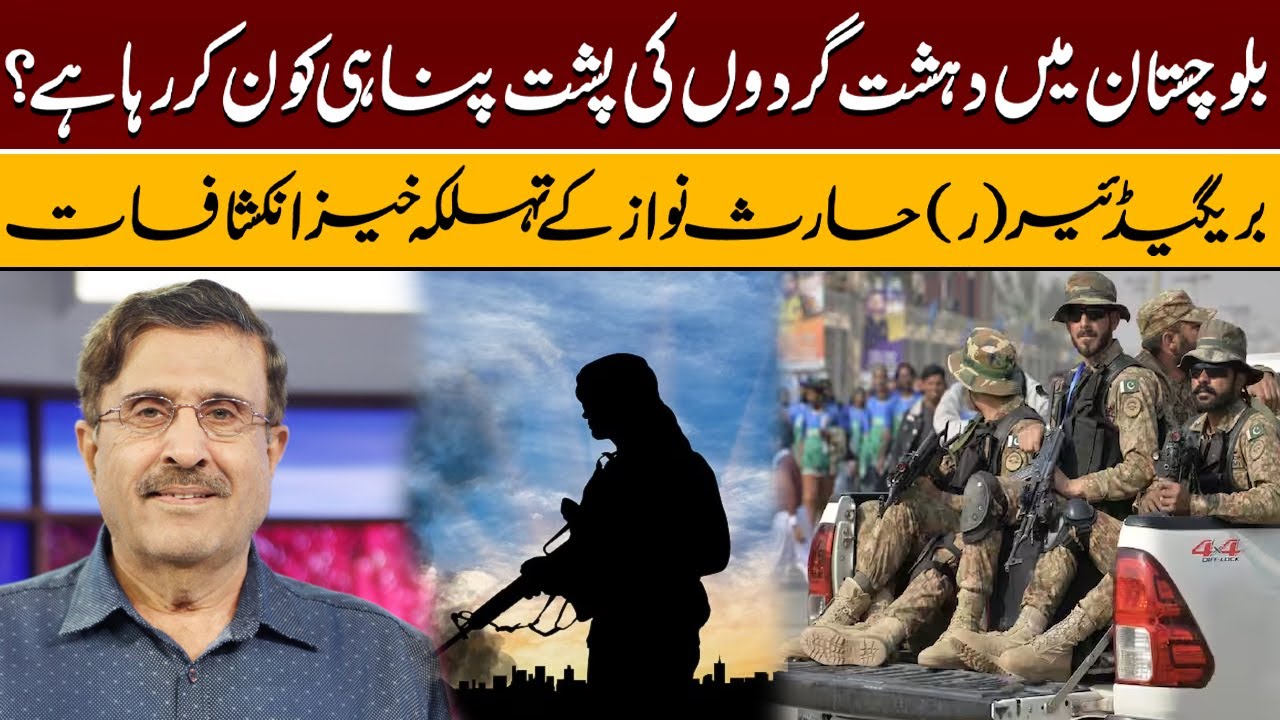
In a statement that has sent shockwaves through the international community, Pakistan's Defense Minister Khawaja Asif has admitted on an interview with Sky News journalist Yalda Hakim that his country has been aiding terrorist organizations for the past three decades. This confession serves as a vindication of India's longstanding claims about Pakistan's involvement in terrorism, particularly in the recent Pahalgam terror attacks where 26 people were killed. Asif also made contradictory claims, denying knowledge of the presence of Lashkar-e-Taiba's offshoot, The Resistance Front, while proclaiming that Lashkar "does not exist" anymore.

Israeli Prime Minister Benjamin Netanyahu reportedly ordered a covert operation by Mossad, codenamed Operation Zeppelin, to shield Indian billionaire Gautam Adani from a negative campaign linked to the Hindenburg Research report. The operation involved two elite units and spanned several countries, targeting individuals allegedly behind the campaign, including American and British hedge fund managers, investigative journalists, and political operatives possibly tied to the Biden administration and billionaire George Soros. Among the shocking claims in the report, Mossad is said to have surveilled prominent Indian opposition leaders and tracked Congress leader Rahul Gandhi, with evidence allegedly found of coordination between opposition figures and the Hindenburg team.
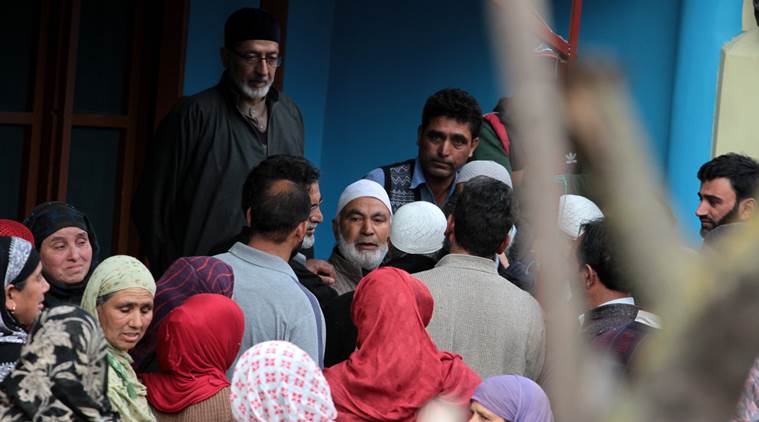
Debasish Bhattacharya, a professor at Assam University, was on a family trip to Kashmir when terrorists attacked Pahalgam. Bhattacharya, who grew up in a Muslim neighbourhood, was able to save his family's lives by reciting the Kalma, a declaration of faith in Allah. The terrorists asked him if he was reciting the Kalma or calling upon Lord Ram, but Bhattacharya's knowledge of the verses helped keep them at bay.

On April 25, the world will come together to observe World Malaria Day, which was established by the World Health Organization to raise awareness about the deadly disease and the need for continued investment and commitment. This year's theme, "Malaria Ends With Us: Reinvest, Reimagine, Reignite," highlights the importance of collective action and innovation in eliminating malaria. The campaign, led by the WHO and global partners, aims to accelerate progress towards a malaria-free world through a range of initiatives at all levels.
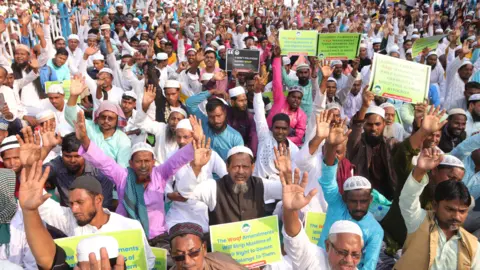
Bangladeshi far-right group Khelafat Majlish plans to stage a mass march to the Indian Embassy in Dhaka to protest against the recently passed Waqf (Amendment) Act by the Indian Parliament. The outfit's leader, Maulana Mamunul Haque, claims that the Act aims to illegally acquire Muslim-owned lands for the construction of religious structures by giving them legal backing. This move has sparked outrage among Muslims in India, who see it as an interference in their religious rights. Meanwhile, the Indian government has condemned the recent spate of violent attacks on minority communities in Bangladesh, with the Ministry of External Affairs describing it as part of a disturbing pattern of persecution under the country's interim administration.